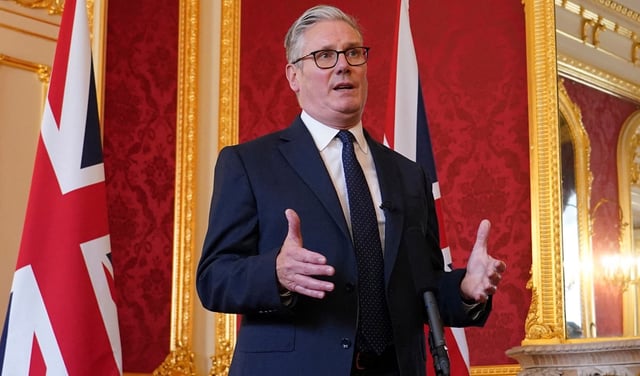Overview
- The digital ID would be app‑based with no physical card, stored on smartphones and used to prove the right to work for people starting new jobs.
- Downing Street says the system will use advanced encryption, with a consultation this year to shape design and provide access for people without smartphones.
- Ministers frame the move as curbing irregular migration and the informal economy, citing roughly a 50% rise in arrests for unauthorised work since mid‑2024.
- Opposition leaders Kemi Badenoch and Nigel Farage reject a mandatory digital ID on privacy and civil‑liberties grounds.
- Polling reported by Ipsos finds majority support for an identity card in principle, with significantly lower backing for a digital‑only version.



